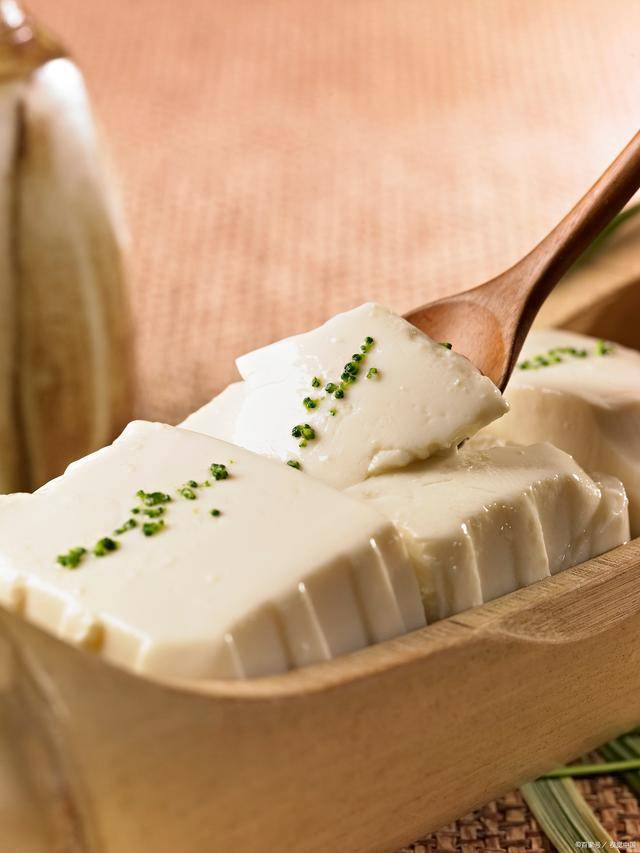As people’s living standards improve, the issue of high uric acid has gradually attracted widespread attention. High uric acid can not only lead to gout but is also closely related to the occurrence and development of various chronic diseases. In order to lower uric acid levels, it is essential to not only maintain a proper diet and engage in moderate exercise but also understand which foods should be consumed less or avoided. Recent studies have indicated that tofu is the “natural enemy” of high uric acid, and a 70-year-old academician has even warned us to consume five types of food as little as possible to reduce uric acid levels. This article will delve into the scientific basis behind these viewpoints to help you better manage your uric acid levels.
I. The Relationship Between Tofu and High Uric Acid
Tofu, as a high-protein, low-fat food, has always been highly praised by nutritionists. However, there is some controversy regarding whether tofu can lead to high uric acid levels. On the one hand, tofu belongs to purine-rich foods, and moderate consumption generally does not cause significant fluctuations in uric acid levels; on the other hand, the protein in tofu can promote the excretion of uric acid, thereby lowering uric acid levels. Therefore, for most people, consuming tofu in moderation is beneficial for health.
II. Eating 5 Types of Food Less to Reduce Uric Acid Levels
High-purine foods: Purines are the source of uric acid production. Consuming excessive high-purine foods such as meat, seafood, and animal organs can lead to an increase in uric acid levels. Therefore, reducing the intake of these foods is key to lowering uric acid levels. Alcohol: Alcohol inhibits the excretion of uric acid during metabolism, leading to uric acid accumulation in the body. Long-term excessive alcohol consumption may not only cause high uric acid levels but also trigger gout attacks. Sugary drinks: Sugary drinks contain large amounts of fructose and sucrose, excessive intake of which can increase insulin resistance and promote fat synthesis. These factors can all contribute to elevated uric acid levels. Caffeine: Excessive intake of caffeine can cause autonomic nervous system excitation, leading to reduced uric acid excretion and increased kidney burden. Studies have shown that people who consume a lot of coffee have a higher risk of high uric acid and gout. Salty foods: Salt contains a large amount of sodium ions, and excessive intake of sodium ions can cause water retention in the body and increased blood pressure. Additionally, sodium ions can affect kidney function, leading to reduced uric acid excretion.
III. How to Plan Your Diet Reasonably to Reduce Uric Acid Levels
Control total calorie intake: Maintaining a reasonable weight is crucial for lowering uric acid levels. Overweight or obese individuals should reduce weight appropriately, decrease calorie intake to lower fat synthesis, and improve insulin resistance. Increase intake of vegetables and fruits: Vegetables and fruits are rich in dietary fiber and vitamins, which help promote intestinal motility and improve metabolism. Moreover, they are low in purines, low in calories, and low in fat, aiding in lowering uric acid levels. Consume protein in moderation: Protein is an essential nutrient for the body, but excessive intake can burden the kidneys. It is recommended to choose low-purine protein sources like fish, chicken, tofu, etc., and control the amount of protein intake. Control salt intake: Reducing salt intake helps lower blood pressure and reduce the burden on the kidneys, thereby promoting uric acid excretion. It is advisable not to exceed 6 grams of salt intake per day. Maintain a regular diet: Maintaining regular dietary habits helps maintain gastrointestinal health and stabilize blood sugar levels. Avoid overeating, excessive alcohol consumption, late-night snacks, and high-calorie snacks as much as possible.
IV. Conclusion and Recommendations
Through the above analysis, we can conclude that tofu is not the “natural enemy” of high uric acid, and consuming it in moderation is beneficial for health. To lower uric acid levels, we should consume fewer high-purine foods, alcohol, sugary drinks, caffeine, and salty foods. To better manage uric acid levels, we should maintain a reasonable weight, increase the intake of vegetables and fruits, consume protein in moderation, control salt intake, and maintain a regular diet. Additionally, paying attention to personal health conditions and dietary habits, undergoing regular check-ups, and seeking advice from healthcare professionals are also crucial.
#TopQualityAuthors# In daily life, we can adjust according to our dietary habits and lifestyle. For those who already have high uric acid or gout symptoms, treatment and management should be carried out under the guidance of a doctor. Through scientifically sound adjustments in diet and lifestyle, we can effectively reduce uric acid levels, prevent the occurrence of gout and other related diseases, and maintain a healthy quality of life.


